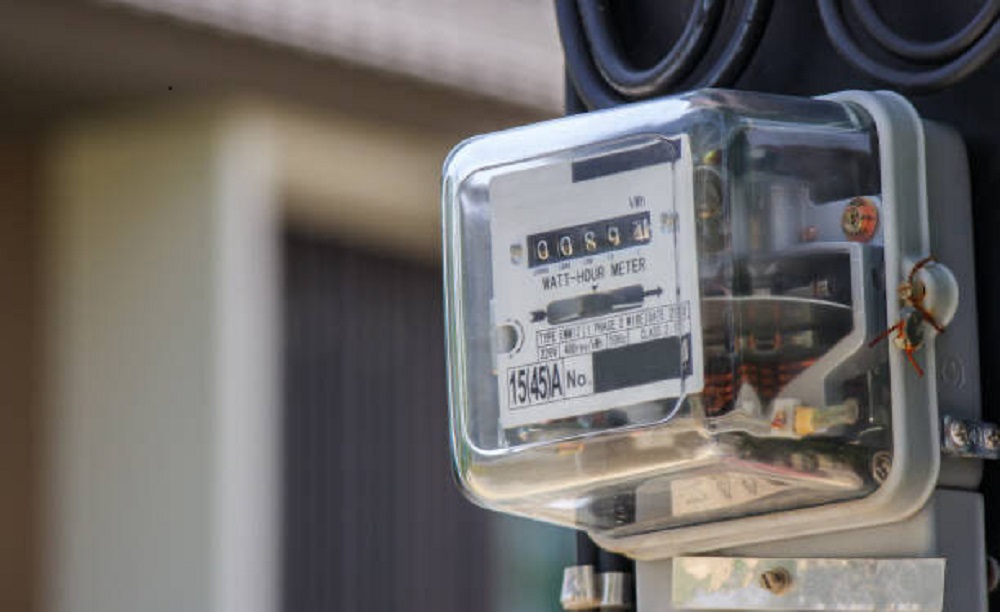FG has deducted N120 billion from FAAC to fund the Presidential Metering Initiative.
NewsOnline Nigeria reports that the Federal Government has set aside N120 billion as the first tranche of the Presidential Metering Initiative (PMI).
According to the Federal Account Allocation Committee (FAAC) disbursement report for May 2024 by the National Bureau of Statistics (NBS), the amount is from revenue made in April and shared in May.
The N120 billion is about 10% of the revenue share in May 2024 among the three tiers of government and 9% of the N1.325 trillion is expected to be spent on the PMI.
In May this year, Adebayo Adelabu, Minister of Power, said that the government will provide an initial N75 billion as seed capital while the Nigerian Sovereign Investment Authority (NSIA) pledged to inject a minimum of N250 billion annually for the initiative’s duration.
The minister also disclosed that the initiative will leverage debt financing from diverse financial institutions to bolster the PMI’s resources.
The Managing Director of Abuja Distribution Electricity Distribution Company (AEDC), Mr. Victor Ojelabi, recently said that the PMI will unlock about N1 trillion in revenue currently tied up in the Nigerian Electricity Supply Industry (NESI) due to a large number of unmetered customers.
Under the initiative, the Nigerian Electricity Regulatory Commission (NERC) announced the approval of N21 billion for the 11 electricity Distribution Companies (DisCos) to provide meters for end-use customers at zero cost. This information was contained in ORDER NO: NERC/2024/072 on The Operationalization of “Tranche A” of the Presidential Metering Initiative Under the Framework of Meter Acquisition Fund.
NewsOnline Nigeria recalls that while campaigning for the presidency, Bola Tinubu released a manifesto outlining a plan to eliminate estimated billing and ensure that all Nigerian homes and businesses are equipped with prepaid meters.
However, under his administration, the number of estimated billing customers has seen the largest growth rate both quarterly and yearly, based on data from the NBS up to 2022.
On a year-on-year basis, the rise in estimated billing customers is equally significant. From Q1 2023 to Q1 2024, the number of estimated billing customers increased by 8% from 5.96 million.
This increase occurs as the government continues to subsidize customers not on Band A, while Band A customers on estimated billing are still required to pay based on estimation.
It further highlights a persistent issue within the Nigerian electricity sector the inability to adequately meter all customers to bridge the metering gap despite various initiatives, leading to reliance on estimated billing.














